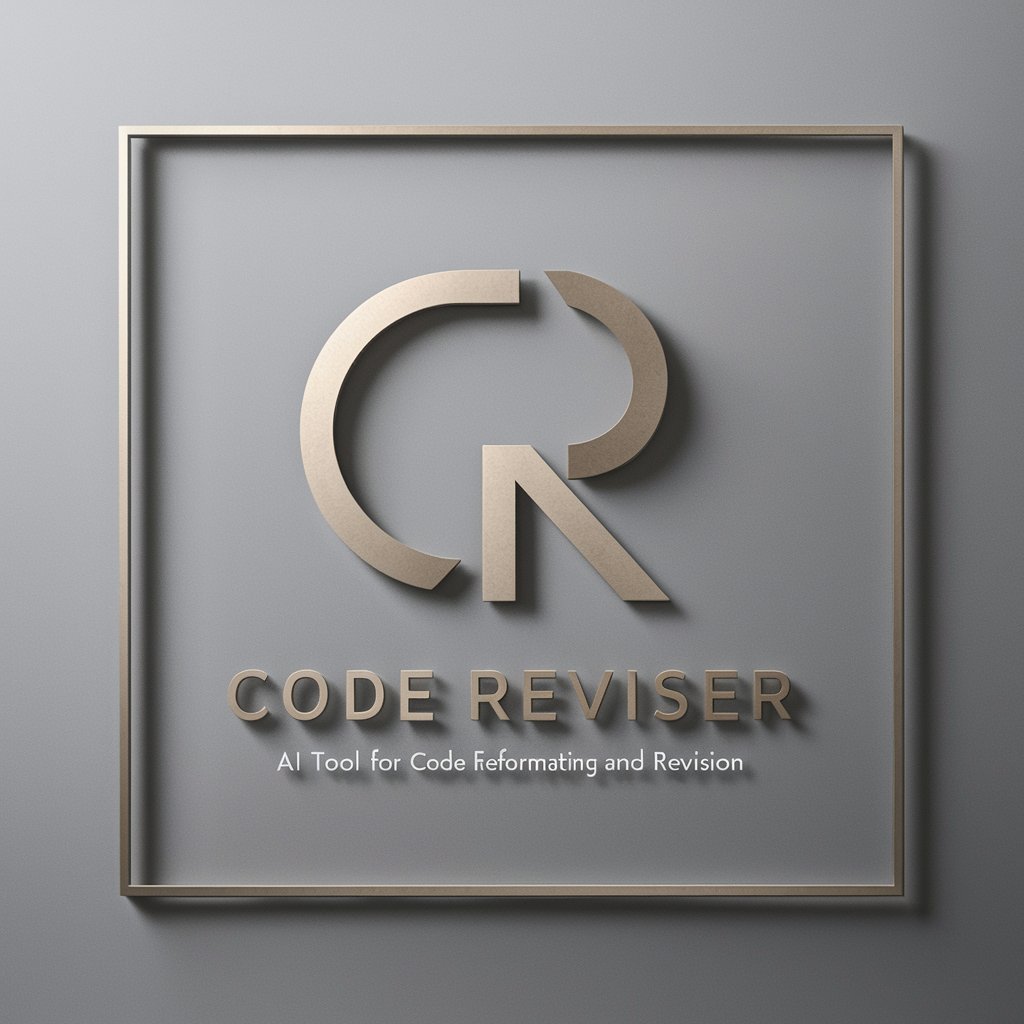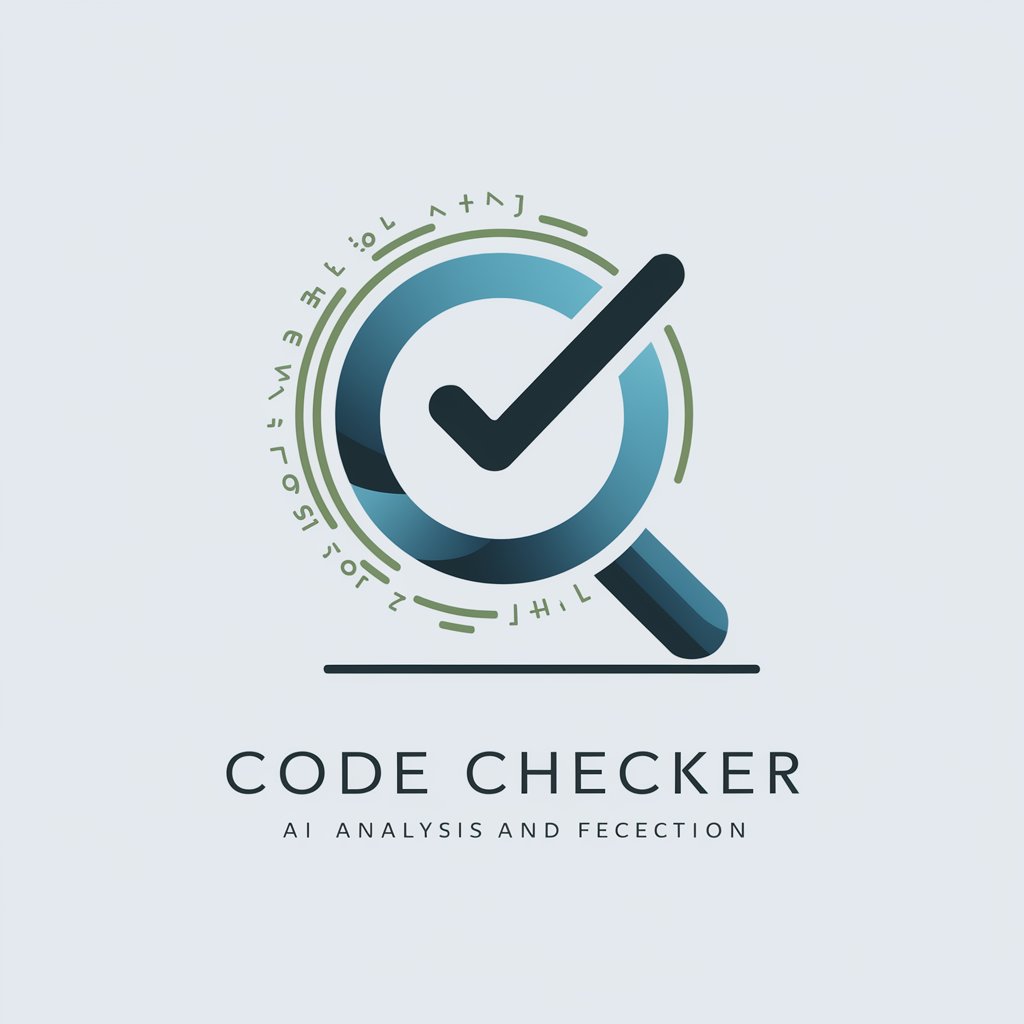
Code Review - AI-Powered Code Analysis
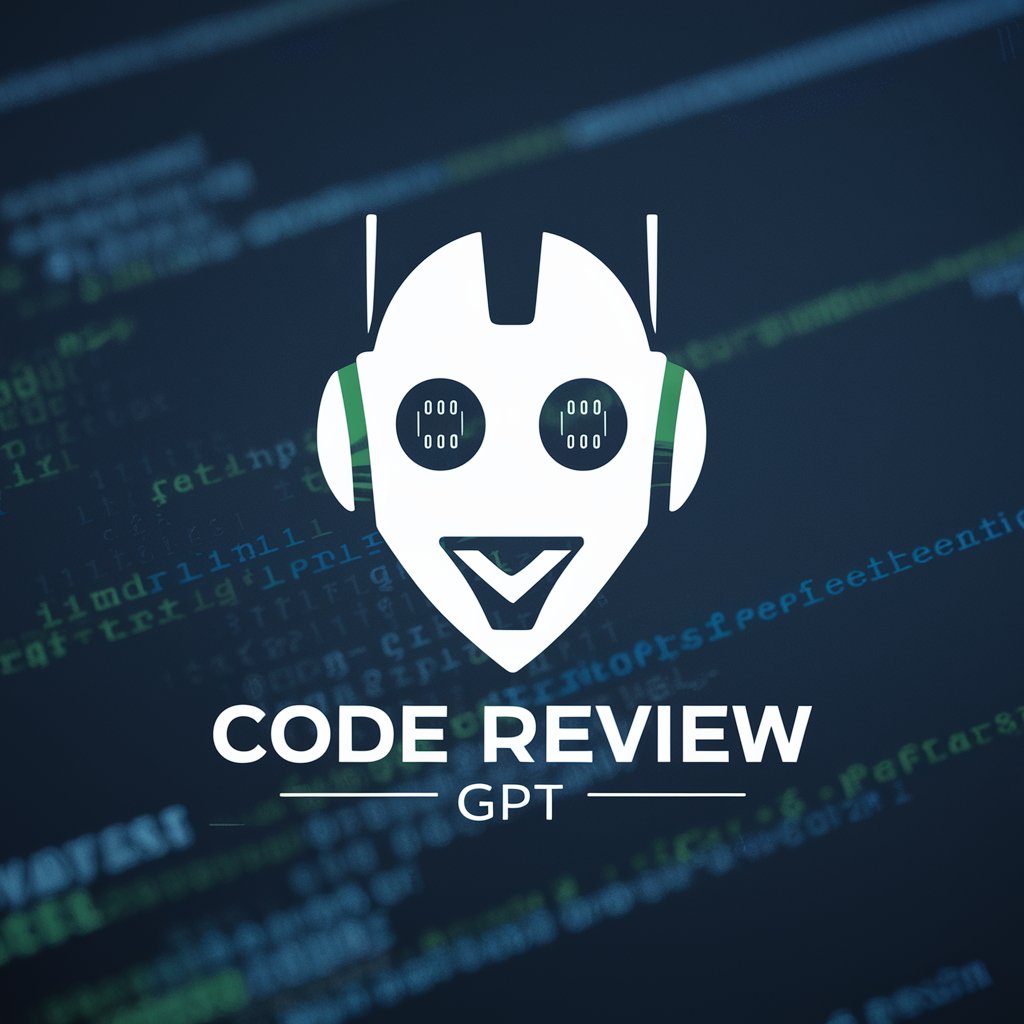
Hi there! Ready for a thorough and friendly code review?
Elevate your code quality with AI
Review the code changes in this pull request with a focus on best practices and performance.
Analyze the proposed modifications and provide detailed feedback on potential improvements.
Examine the architectural implications of these code changes and suggest any necessary adjustments.
Assess the security aspects of this pull request and recommend enhancements for safer code.
Get Embed Code
Introduction to Code Review
Code Review is a specialized tool designed to facilitate and enhance the process of reviewing code changes in software development. Its primary function is to provide detailed, constructive feedback on pull requests (PRs) submitted by developers to a code repository. The design purpose of Code Review is to ensure code quality, maintainability, and adherence to best practices by scrutinizing the changes proposed. This involves examining the code for potential bugs, security vulnerabilities, performance issues, and ensuring it conforms to the project's coding standards. Examples of scenarios where Code Review is invaluable include a developer submitting a new feature implementation, bug fixes, or refactoring existing code. In each case, Code Review offers insights on how to improve the code, discusses alternative solutions, and fosters a collaborative environment for shared knowledge and improved software quality. Powered by ChatGPT-4o。

Main Functions of Code Review
Feedback on Individual Changes
Example
Reviewing a specific line of code for a potential memory leak
Scenario
A developer submits a PR that includes changes to the way memory is allocated within a critical component. Code Review identifies a line where allocated memory is not properly freed, potentially causing a memory leak, and suggests an improvement.
High-Level Architecture Review
Example
Evaluating the use of design patterns in a new feature implementation
Scenario
When a developer proposes a new feature that introduces a complex interaction between different system components, Code Review assesses whether the chosen architectural patterns are appropriate for the problem at hand and align with the project's overall design philosophy.
Ensuring Best Practices and Coding Standards
Example
Enforcing consistent error handling throughout the codebase
Scenario
A PR is submitted with several new functions that handle errors inconsistently compared to the existing codebase. Code Review points out these discrepancies and recommends adopting a uniform error-handling strategy that aligns with the project's standards.
Performance Optimization Suggestions
Example
Identifying inefficient data structure usage
Scenario
During the review of a performance-critical module, Code Review spots an inefficient use of data structures that could be replaced with more performant alternatives, thus reducing computational complexity and improving overall performance.
Security Vulnerability Identification
Example
Highlighting a SQL injection vulnerability
Scenario
Code Review detects a piece of code that constructs SQL queries directly from user input without proper sanitization, pointing out the risk of SQL injection and suggesting the use of prepared statements to mitigate this security threat.
Ideal Users of Code Review Services
Software Developers
Developers at all levels benefit from Code Review by receiving feedback on their code submissions, which helps them learn best practices, improve their coding skills, and ensure their contributions align with project standards.
Project Managers and Team Leads
Managers and team leads use Code Review to maintain code quality across the project, ensure consistency in code style and architecture, and manage technical debt effectively.
Quality Assurance Engineers
QA engineers benefit from Code Review by understanding the technical details and changes in the codebase, which aids in creating effective test strategies and identifying areas of risk in the application.
Security Analysts
Security analysts use Code Review to scrutinize code changes for potential security vulnerabilities, ensuring that the application adheres to security best practices and standards.

How to Use Code Review
Begin Your Journey
Start by visiting yeschat.ai for a trial that requires no signup or ChatGPT Plus subscription.
Select a Repository
Choose a GitHub repository where you want to perform code review. Ensure you have access rights if it's a private repository.
Identify Pull Requests
Pick the pull requests (PRs) you want to review. You can choose based on priority, such as new features or bug fixes.
Review Code Changes
Examine the code changes in each PR. Focus on code quality, security, performance, and adherence to project standards.
Provide Feedback
Offer constructive feedback on the PRs, suggesting improvements and discussing potential impacts with the contributors.
Try other advanced and practical GPTs
Review Writer
Craft personalized reviews effortlessly

Review Analyzer
Uncover Hidden Insights in Customer Reviews

Review Responder
Transforming Feedback into Engagement
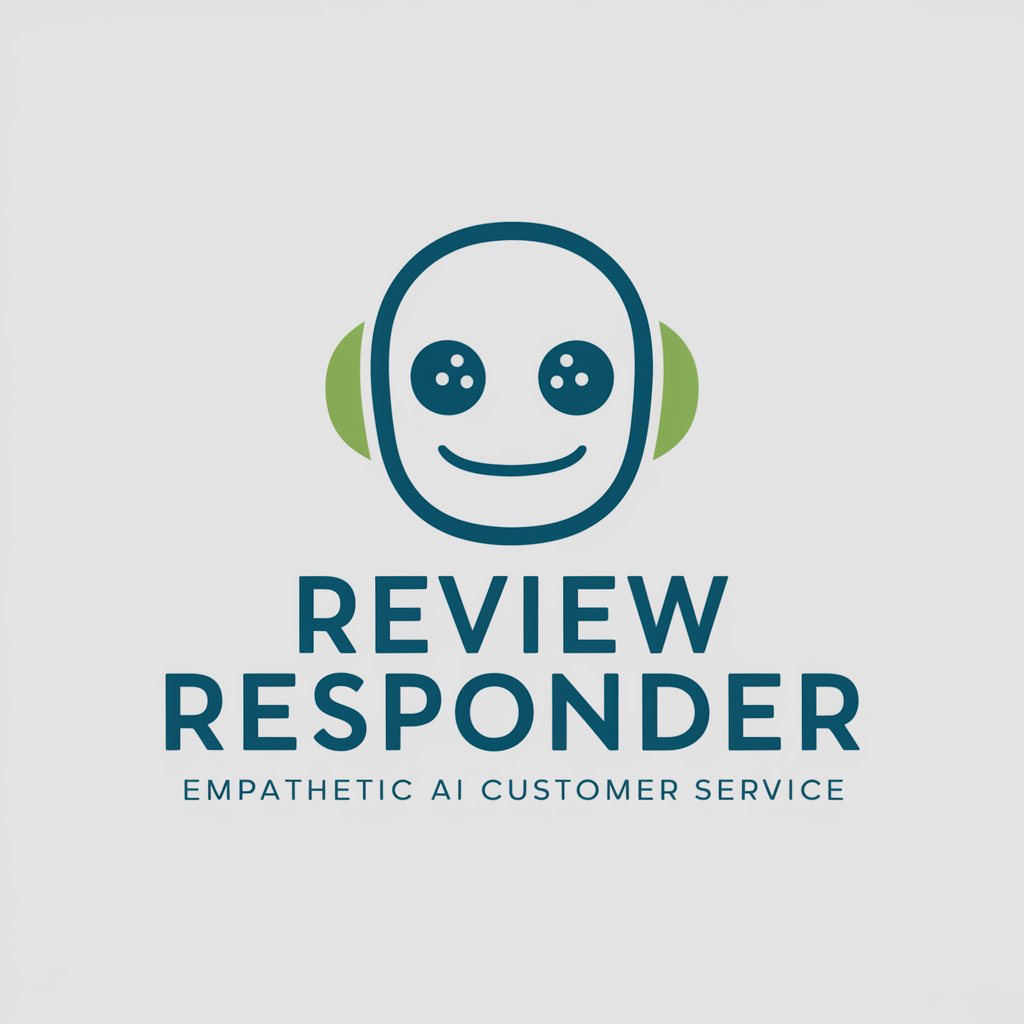
Review?
Bringing Laughter to Photo Reviews

Monthly Review
Transforming Weekly Reviews into Monthly Insights.
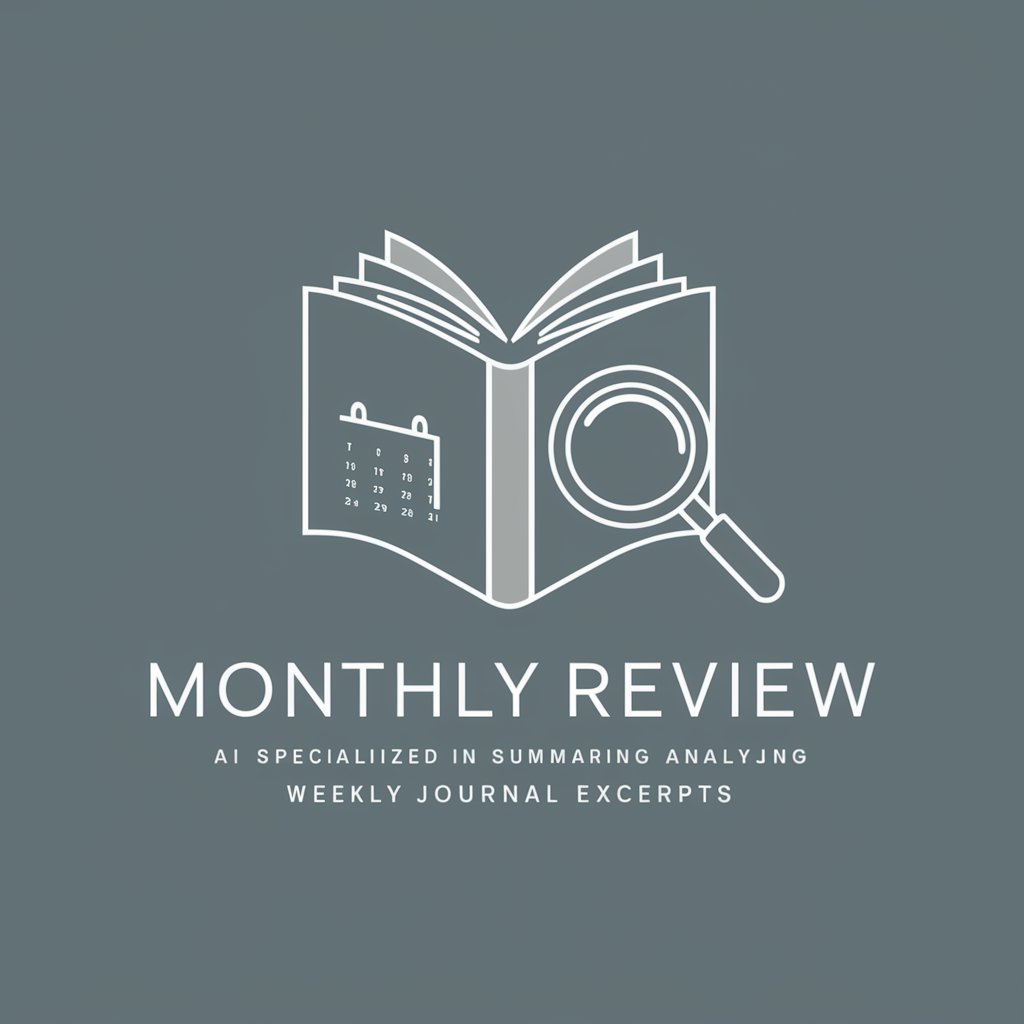
龙华
Designing Legendary Soccer Star Cards with AI

Book Review
Discover the Depths of Literature with AI

Resume Genius
Elevate Your Career with AI-Powered Resumes

Resume GPT - AI Resume Coach
Transform Your Resume with AI Insights

Resume Writer - the Resume Expert
Empower Your Career with AI-Driven Resume Writing

Meme Whiskers
Unleash Creativity with AI-Powered Cat Memes

Meme
Empowering education with AI

Frequently Asked Questions about Code Review
What makes Code Review unique compared to manual code reviews?
Code Review leverages AI to provide in-depth analysis, identifying issues that might be overlooked by humans, such as subtle security vulnerabilities or performance bottlenecks.
Can Code Review handle multiple programming languages?
Yes, Code Review is designed to support a wide range of programming languages, offering versatile analysis capabilities across different codebases.
How does Code Review prioritize issues found in the code?
Issues are prioritized based on severity, potential impact on the project, and alignment with coding standards, helping developers focus on the most critical changes first.
Is Code Review suitable for beginners?
Absolutely. Code Review serves as an educational tool for beginners by providing detailed feedback and suggestions for improvement, fostering learning and development.
How can teams integrate Code Review into their workflow?
Teams can integrate Code Review by setting it up as part of their continuous integration/continuous deployment (CI/CD) pipeline, ensuring code is automatically reviewed before being merged.



